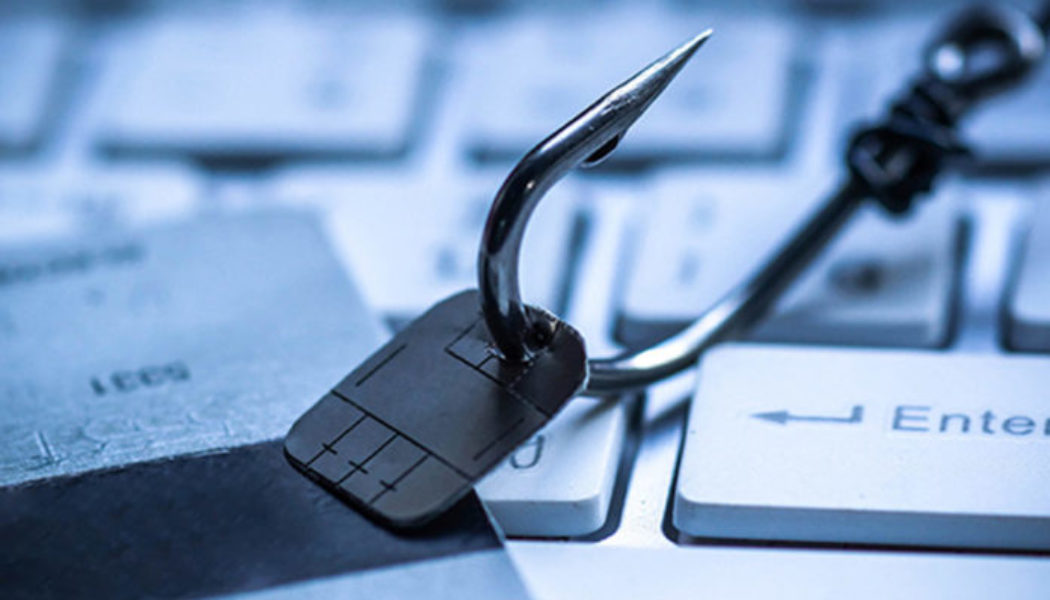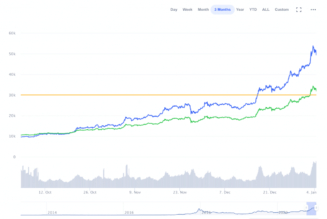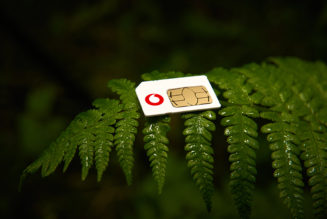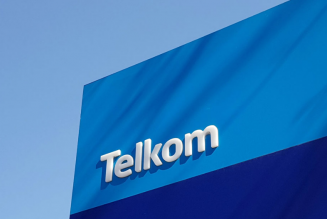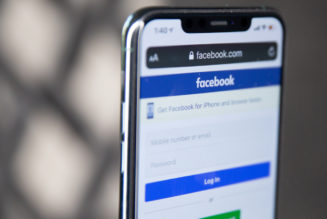According to the global Brand Trust survey by cybersecurity company Mimecast, almost three-quarters (74%) of South African consumers would stop buying from a brand if they fell victim to a phishing attack involving that brand, with 93% of South African consumers expecting their favourite brands to ensure their services, such as websites, emails and other communication, are safe to use.
Heino Gevers, cybersecurity expert at Mimecast, says brands need to do more to protect their customers from cybercriminals.
“South Africans are incredibly trusting with 69% of consumers not hesitating to open an email from brands they use regularly, and 56% readily clicking on links from their favourite brands. However, with cyber threats- including impersonation attacks and phishing attacks – showing sharp increases, consumers are at perpetual risk of falling victim to cybercrime – with potentially devastating consequences to the brands they support,” says Gevers.
Mimecast’s Brand Trust report found that South African consumers are the least forgiving of all markets where the research was conducted when brands fail to protect them online.
“Eighty-two (82%) per cent of consumers would lose trust in their favourite brand if they disclosed personal information to a spoofed website, while 74% would stop spending money with their favourite brand if they fell victim to a phishing attack involving that brand,” says Heino. “In light of the continued shift to online shopping and digital interactions between brands and their customers, the financial imperatives of providing adequate protection for customers online are clear,” Gevers adds.
The findings come at a time when cybercriminals are imitating famous brands with worrying ease. In Mimecast’s State of Email Security 2021 report, 94% of South African companies admitted to being concerned about counterfeit websites misappropriating their brands.
“Our latest research confirms the extent to which consumers are besieged by cyberattacks. Nearly half (46%) of South African consumers in our latest survey said they receive a phishing email at least once per week, while 78% had landed on a spoofed website after clicking on a link on social media. Worryingly, two-thirds (66%) had received a phishing email that was forwarded from friends and family, indicating a need for greater cybersecurity awareness among consumers,” Gevers concludes.
Edited by Luis Monzon
Follow Luis Monzon on Twitter
Follow IT News Africa on Twitter
